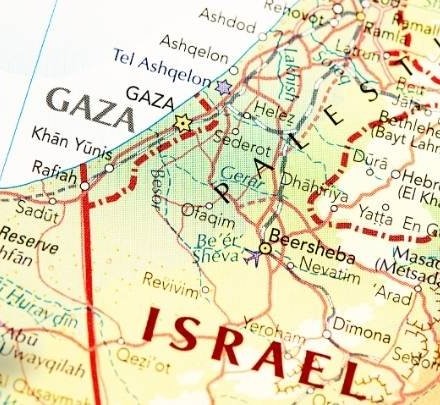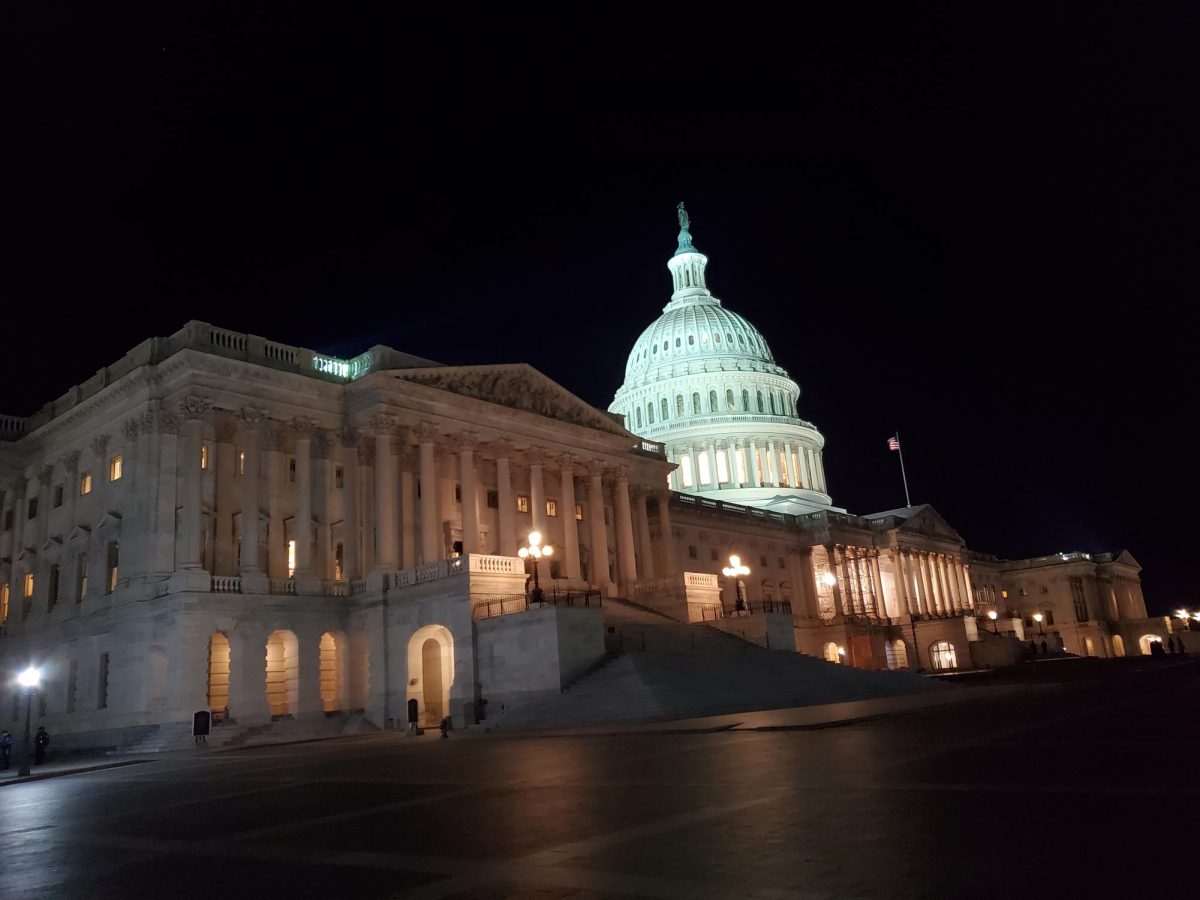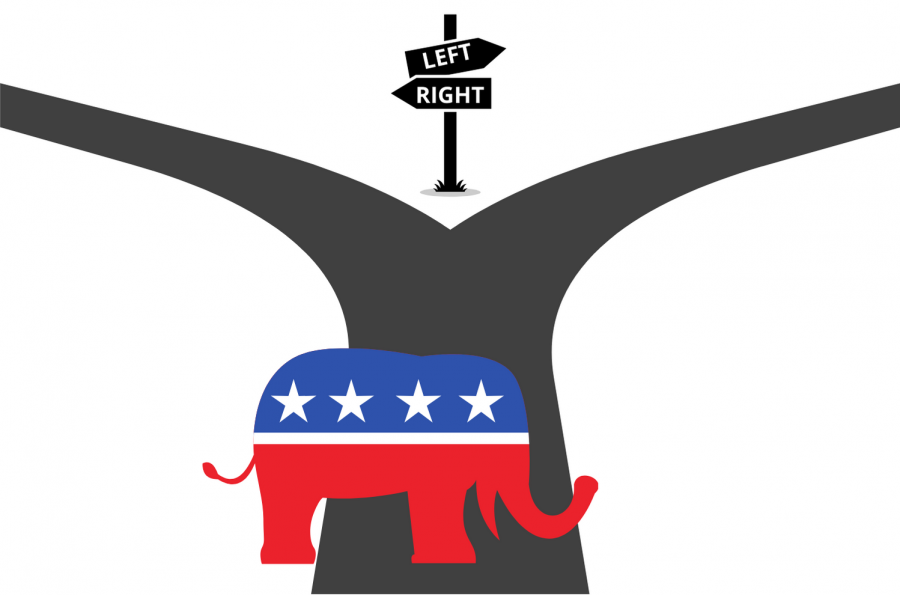Located in the East China Sea between Okinawa and Taiwan lies a group of islands creating economic and nationalistic disputes between China and Japan. With yearly trade between the two Asian superpowers amounting to around $300 billion, China and Japan are the world’s second- and third-largest economies. The debated islands — known to the Chinese as the Diaoyu and the Senkaku to the Japanese — have been controlled by the Japanese for more than a century, yet China claims they have been a part of its territory “since ancient times.”
These five uninhabited, rugged islands themselves are not inherently valuable. Their landscape is bleak: jagged gray mountains and steep boulder-strewn slopes that rise 1,000 feet almost straight from the water’s edge, shores covered by scruffy shrubs and bird droppings. The value of the island instead stems from their history, geopolitics and the water surrounding them. The waters, teeming with fish, are the source of livelihood for more than 1,000 Chinese. Additionally, according to the U.S. Energy Information Administration, the ocean floor may hold up to 100 billion barrels of oil.
This clash between superpowers dates back to 1895, when Japan captured the islands at the end of that year’s Sino-Japanese War. The islands were sold to descendant of the original settlers in 1932. During World War II the islands were occupied by the United States until in 1972 when the US signed a treaty returning them to Japan.
“The U.S. handed over the islands to Japan for its own purposes during the Cold War,” Guo Xiangjiang, the Deputy Director of the China Institute of International Studies, told CNN. “So, personally, I think the U.S. should take the blame for the dispute of Diaoyu island.”
With Japan being the United State’s leading military ally and China the leading trade partner, stakes are high for America as well. During a visit to the region this week, Defense Secretary Leon Panetta has called on both sides to settle the disagreement peacefully.
“It’s in no country’s interest for this situation to escalate into conflict that would undermine peace and stability in this very important region,” Panetta said after his meeting with Gen. Liang Guanglie, the Chinese defense minister.
Starting in April, civilian protests have sparked and new cycles of tensions have set off in China after Tokyo’s governor began an initiative to raise money to acquire the islands for the city authorities. This initiative led Japanese Prime Minister Yoshihiko Noda to make a deal with the Kurihara family, the private owners up until that point, last week to obtain the islands. Although Japan attempted to portray the purchase as a routine internal real-estate transaction, with the islands passing from one Japanese owner to another, it failed to satisfy or calm Chinese authorities.
A recent demonstration included protests by hundreds of Chinese outside the Japanese Embassy in Beijing, a heavy police presence and the Chinese demonstrators marching past the embassy shouting that the disputed islands belong to China. The protests appeared to be much more orderly than those that took place in many cities over the weekend, some of which turned violent.
These protests have led to some of Japan’s biggest manufacturers such as Toyota, Nissan, Honda, Mazda, Panasonic and Canon to cease production at some of their plants in China. Panasonic reported Monday that it would stop work at three Chinese plants after two of them were damaged during Saturday’s protests.
Protesters carried banners that read “Don’t Forget the National Humiliation,” and messages and photos posted on Chinese social media sites showed angry mobs in raiding Japanese stores and restaurants as well as smashing and burning Japanese-made cars. Although China normally prohibits public demonstrations, it has permitted these, creating a worry that the protests were government-sanctioned. But by Saturday night, China’s state-run media had started appealing for restraint.
Gen. Liang Guanglie reiterated that the islands are part of “China’s inherent territory. We reserve the right to take further actions, but we hope the issue will be properly resolved through peaceful ways and negotiations,” he said, according to the state-run news agency Xinhua.







